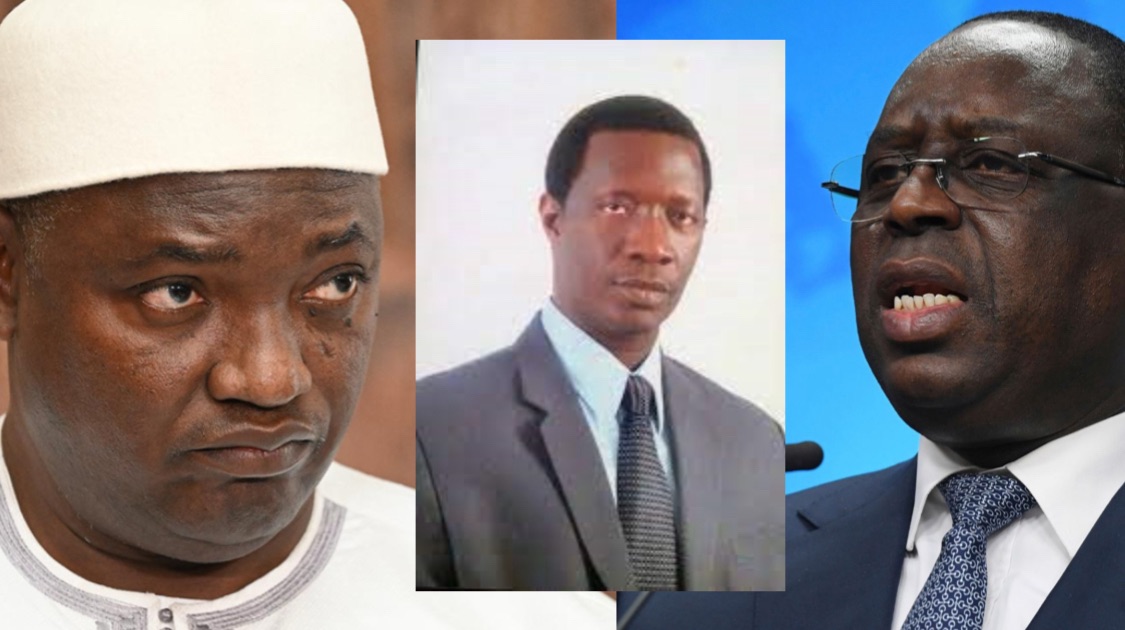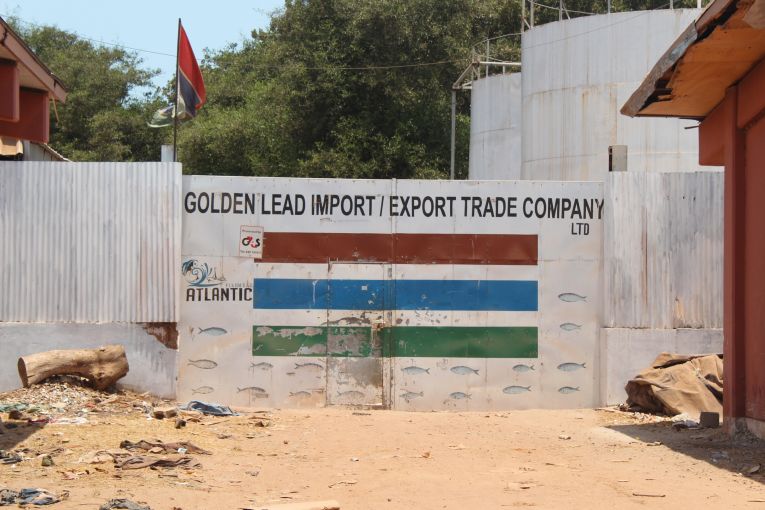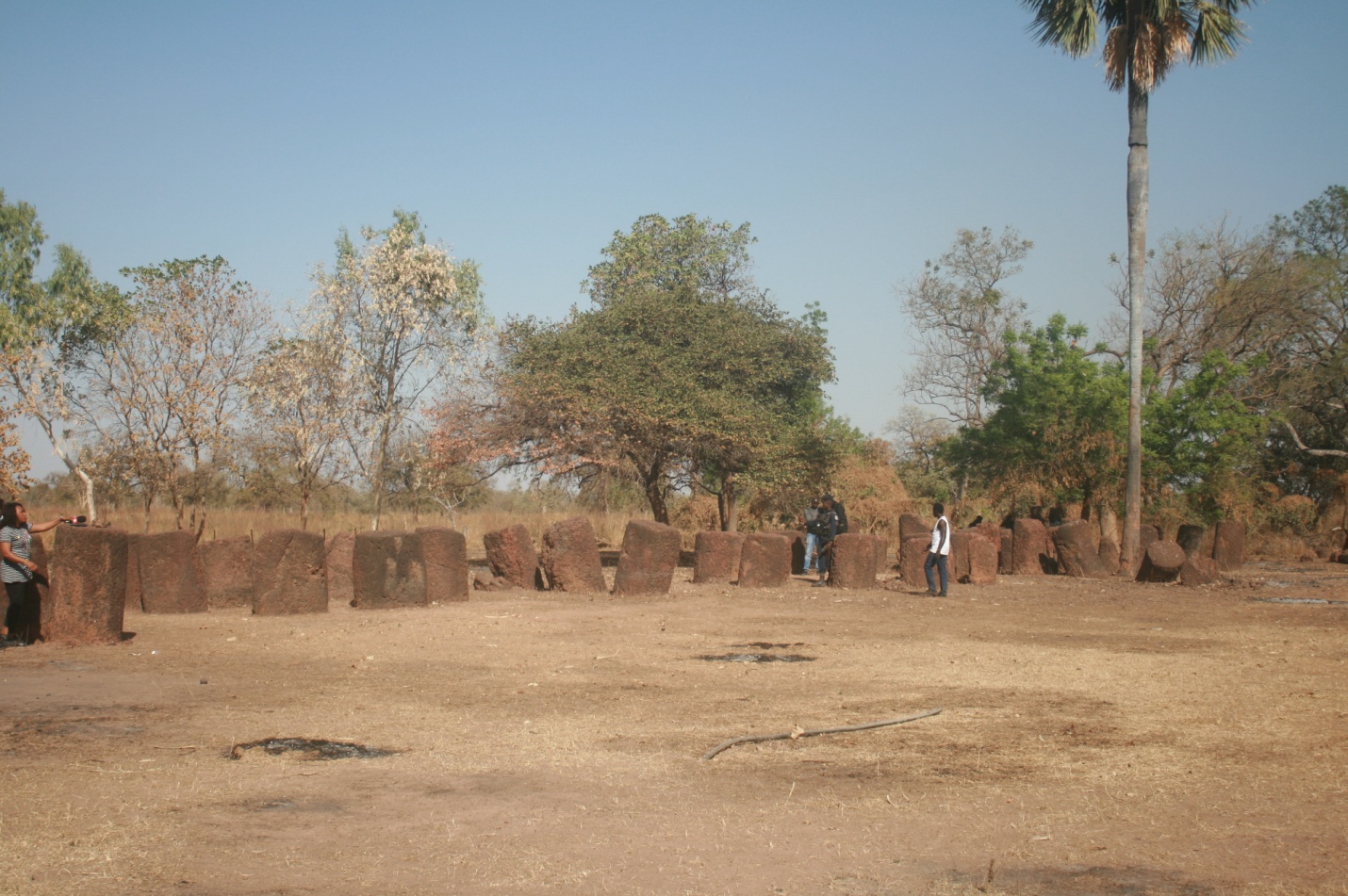By: Momodou Justice Darboe
Lamin Manneh, United Democratic Party (UDP) has indicated that the ramifications of Macky Sall’s exit from power could be far and wide-reaching for President Adama Barrow and The Gambia, especially in the areas of security and diplomacy.
He, however, pointed out that Macky’s leaving the stage has better situated the opposition in The Gambia, hinting that the sense of security and invincibility with which the former Senegalese leader filled Mr. Barrow were under threat of unraveling.
“The opposition is in a much better position now because before, we all knew that Macky Sall was firmly behind Adama Barrow and supporting him all the way. So, Adama Barrow knew that he was more or less untouchable and he had all the support he needed from President Sall and through him, ECOWAS and the wider community,” Mr. Manneh said in an interview with Coffee Time With Peter Gomez on Tuesday.
“President Barrow’s policies, in and outside The Gambia, had the support of President Sall. So, he could lobby for him in a number of ways. For example, just to start with ECOMIG… ECOMIG is here because President Sall is still supporting it very strongly. And that has had a very serious impact on the country because our security forces are still controlled by a foreign force and everything in the country depends on what President Barrow, President Sall, and ECOMIG decide,” he added.
According to the top UDP official, the Gambia’s security sector reform project has been bogged down and wondered what would happen to the impoverished West African nation if the newly-elected Senegalese President toes different policy lines to Macky’s as regards ECOMIG’s presence in The Gambia.
“The security reforms have stalled. Nothing happened in that area. That might have to be reviewed now. If, it’s a big if, the new President [Diomaye] decides that ECOMIG is a burden on Senegal’s budget and decides to withdraw it, that is going to be a major security reassessment and realignment. So, that is already a big impact,” stated Manneh. He continued: “Now, the other side to that is we would have to bring in our Gambian security forces on the line, bring them to do the same thing they’re supposed to do in the first place. If I were advising President Barrow, that’s what I would tell him. Bring the security on board, on the line to do the thing they’re supposed to do. If President Diomaye decides to withdraw ECOMIG, we are in trouble. So, that is going to change.”
The senior UDP official underlined that the Gambia’s main opposition party has always advocated for ECOMIG’s exit. He explained: “For UDP, we have always been saying that we need to put an end to this presence of ECOMIG forces in the country and reassign the security duties to our security forces. So that’s going to be a major change, hopefully. We can have our sovereignty back from the security point of view and we can have our security forces take control of the security sector and review what needs to be reviewed and reform what needs to be reformed and we are back to where we’re supposed to be in the beginning, anyway.”
On diplomacy, Mr. Manneh said: “Now, in terms of the diplomacy of The Gambia, a lot of it was also sublet to Senegal because President Sall was doing a lot for The Gambia in terms of lobbying at the UN, ECOWAS, and the rest. Even for the appointment of Mr. Touray as chairman of the ECOWAS Commission, Senegal took a position behind The Gambia and made that happen. That’s not a bad thing. That is something we would applaud. So, that is good but in other cases, when it comes to renewing, for example, the mandate of ECOMIG, President Sall was advocating considerably for them to maintain ECOMIG’s presence in The Gambia. Basiroumight not like to do that. These are serious considerations,which should have been taken into account long before but were not. Now, I would have imagined that President Barrow is worried about what could happen if President Diomaye changes his stance on ECOMIG. So, this is a major concern that The Gambia should have addressed a long time ago. Now, we had to address it as an emergency.”





